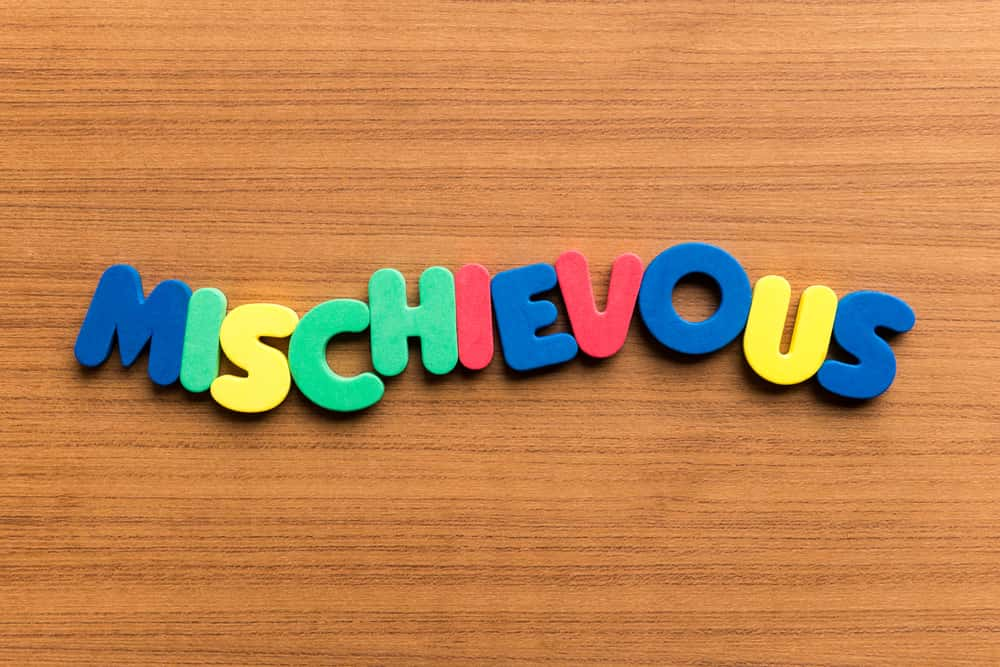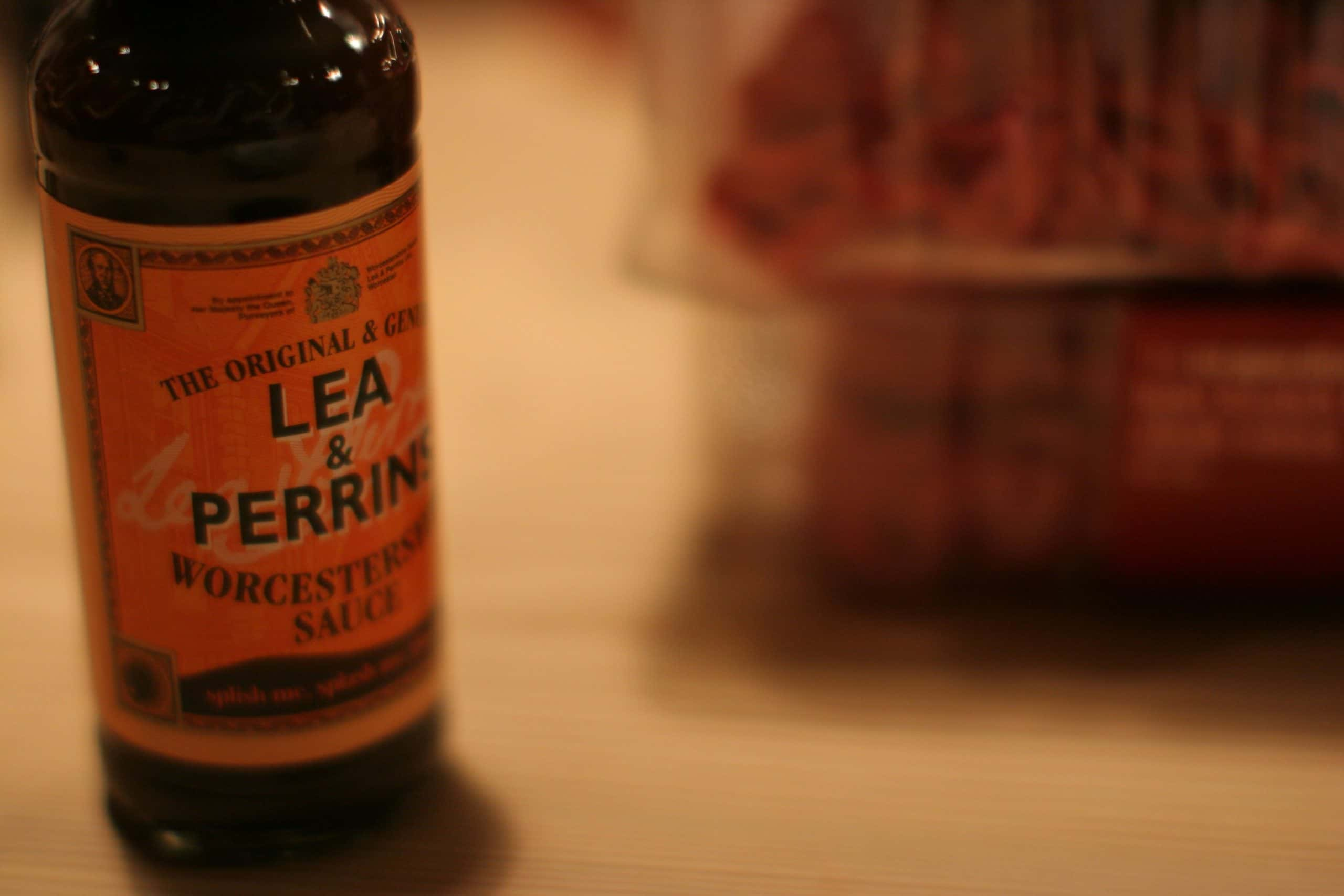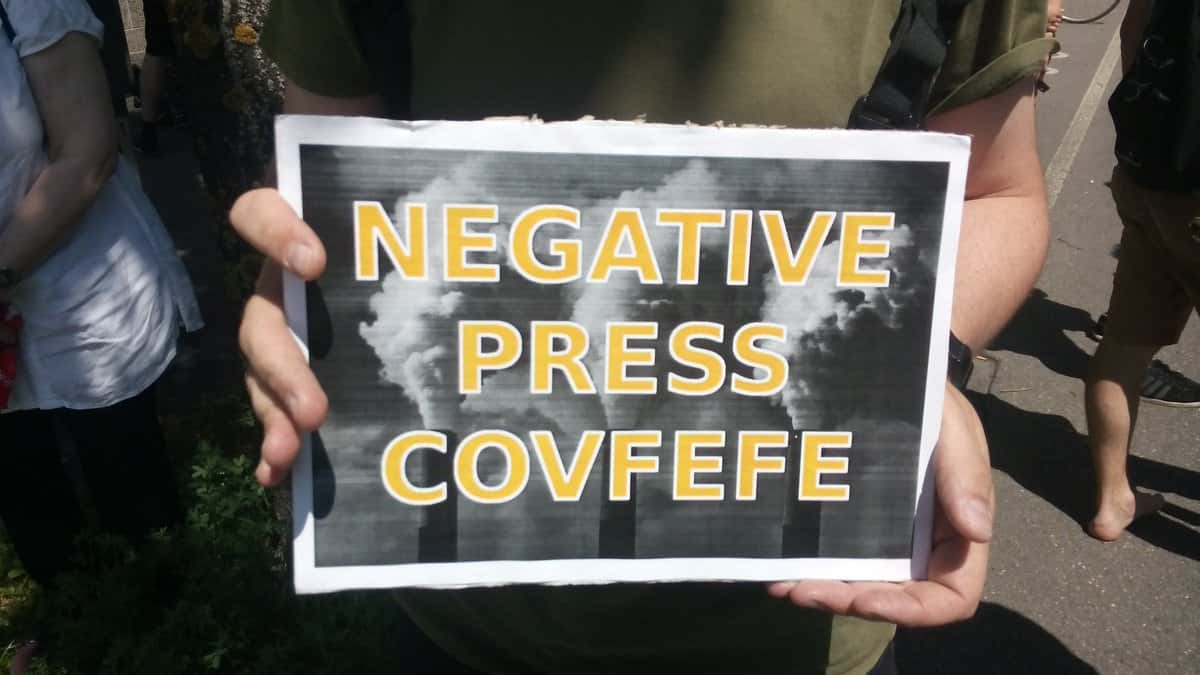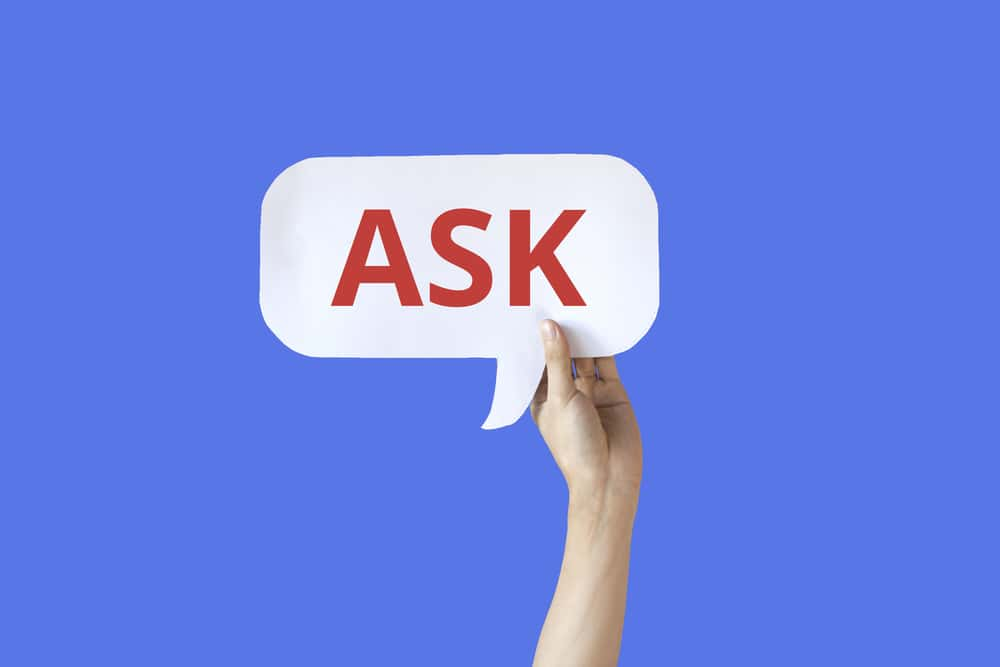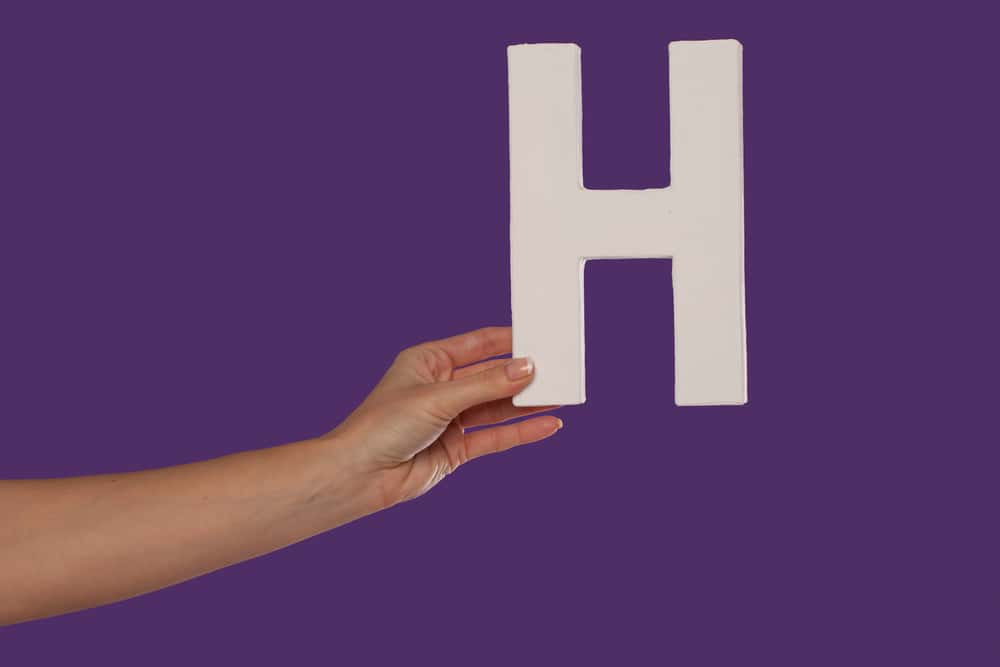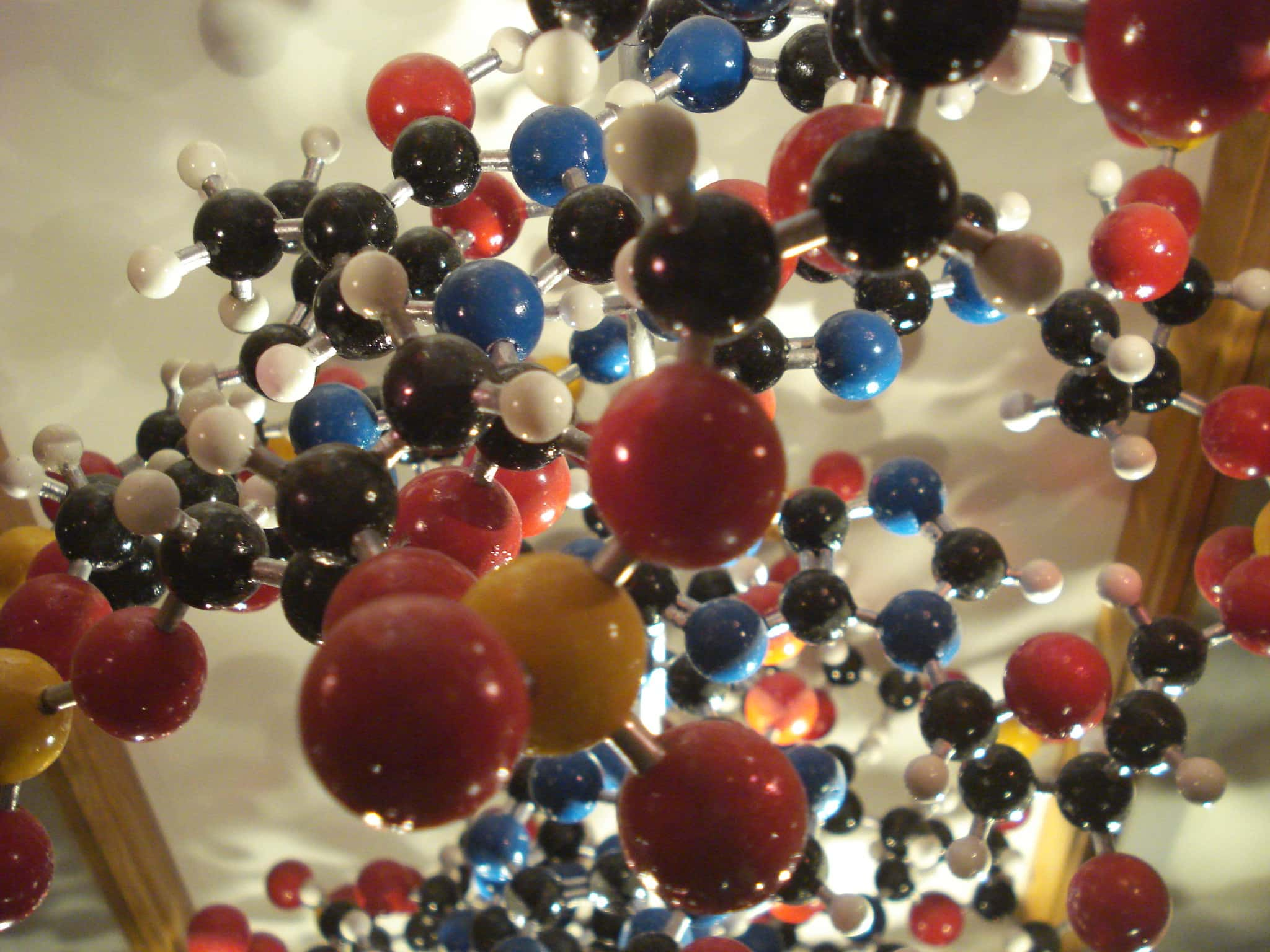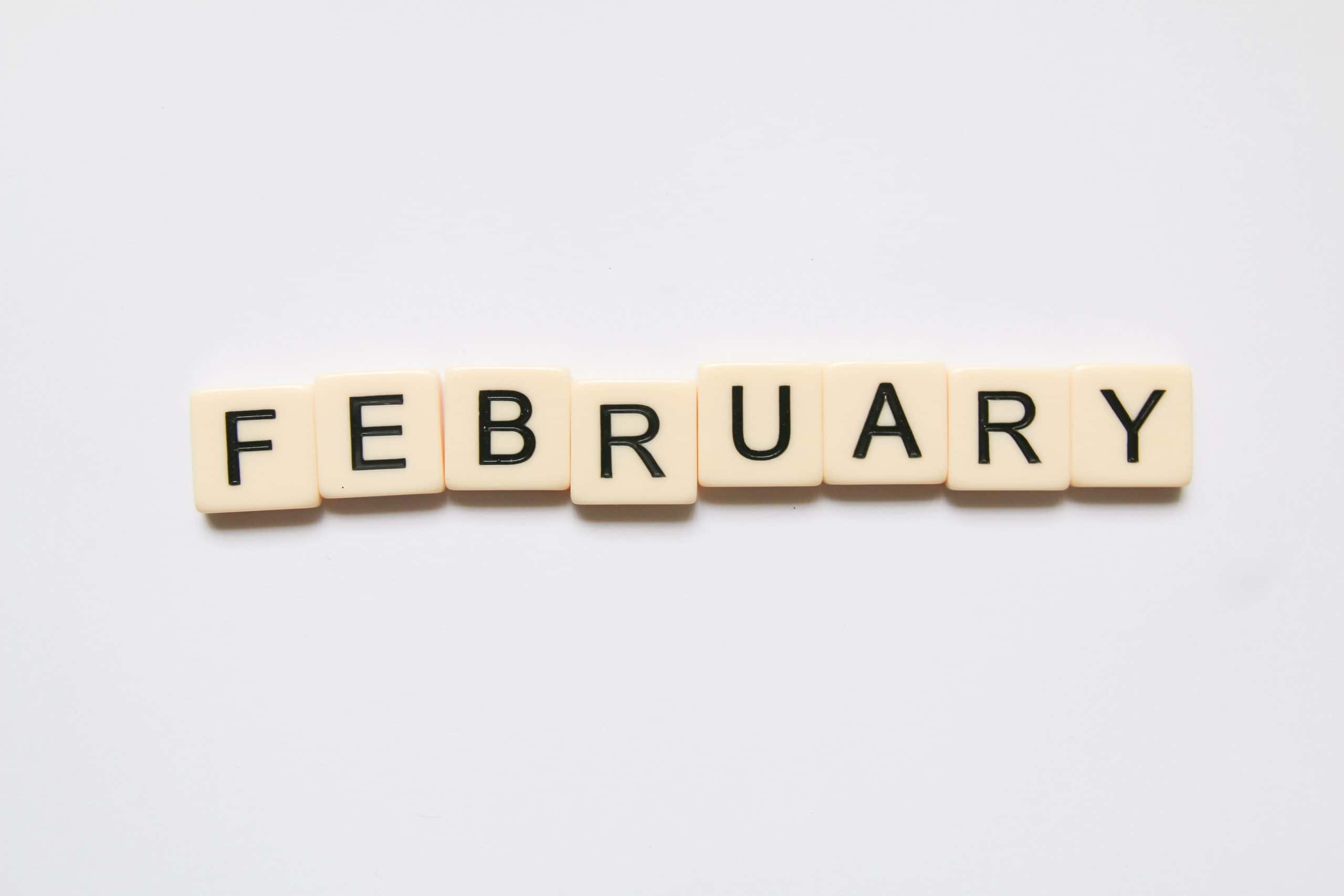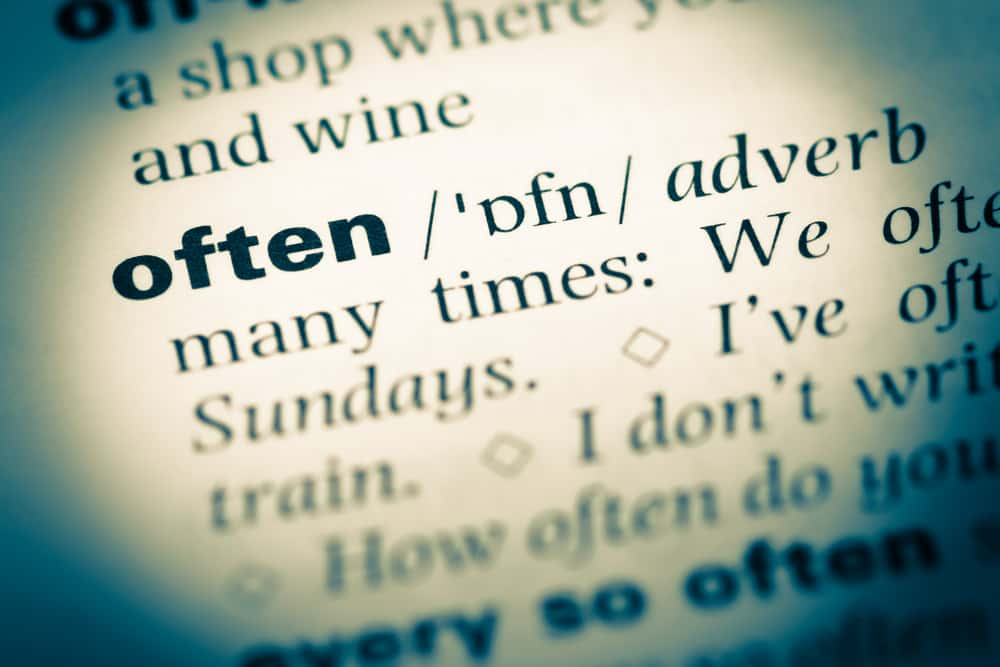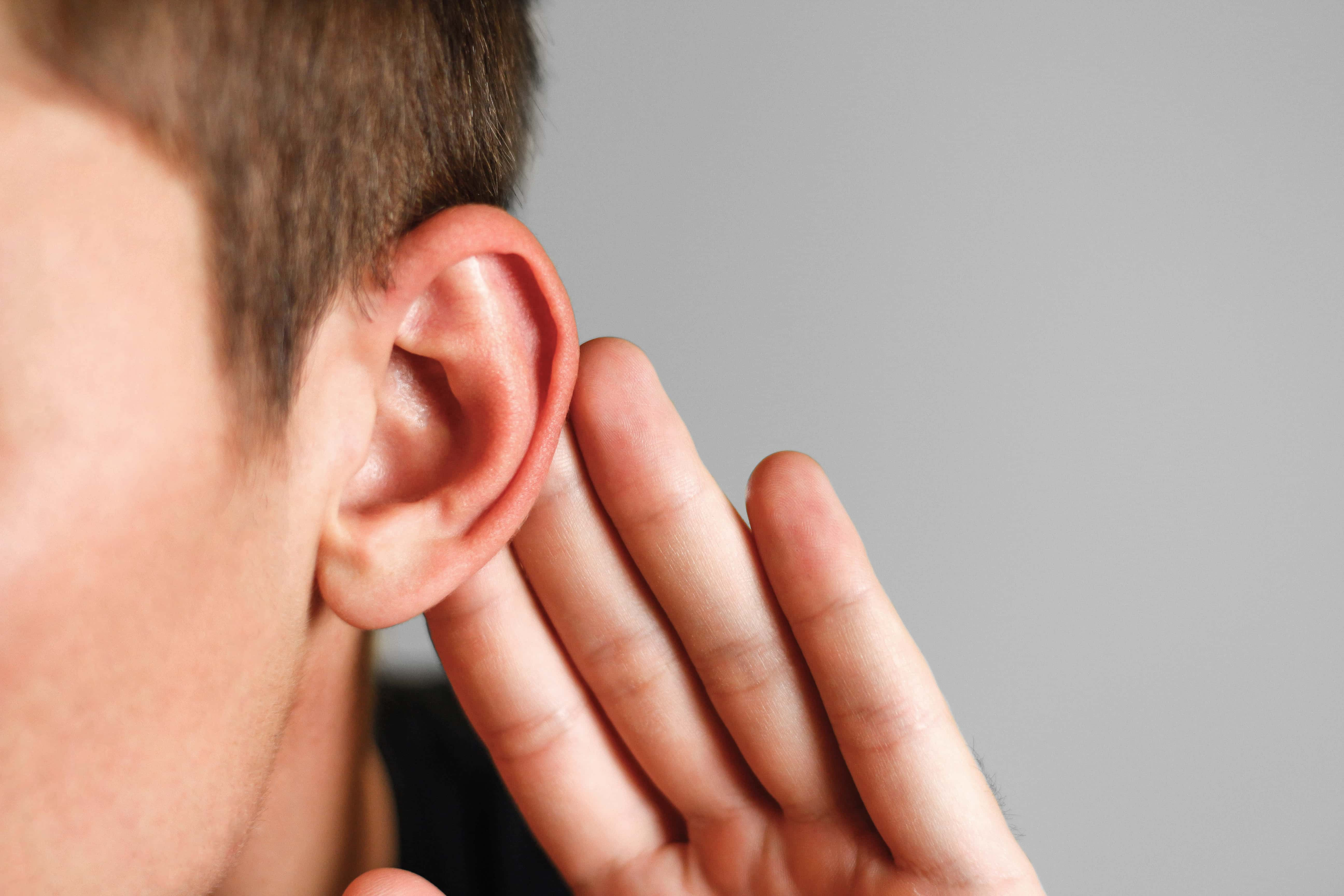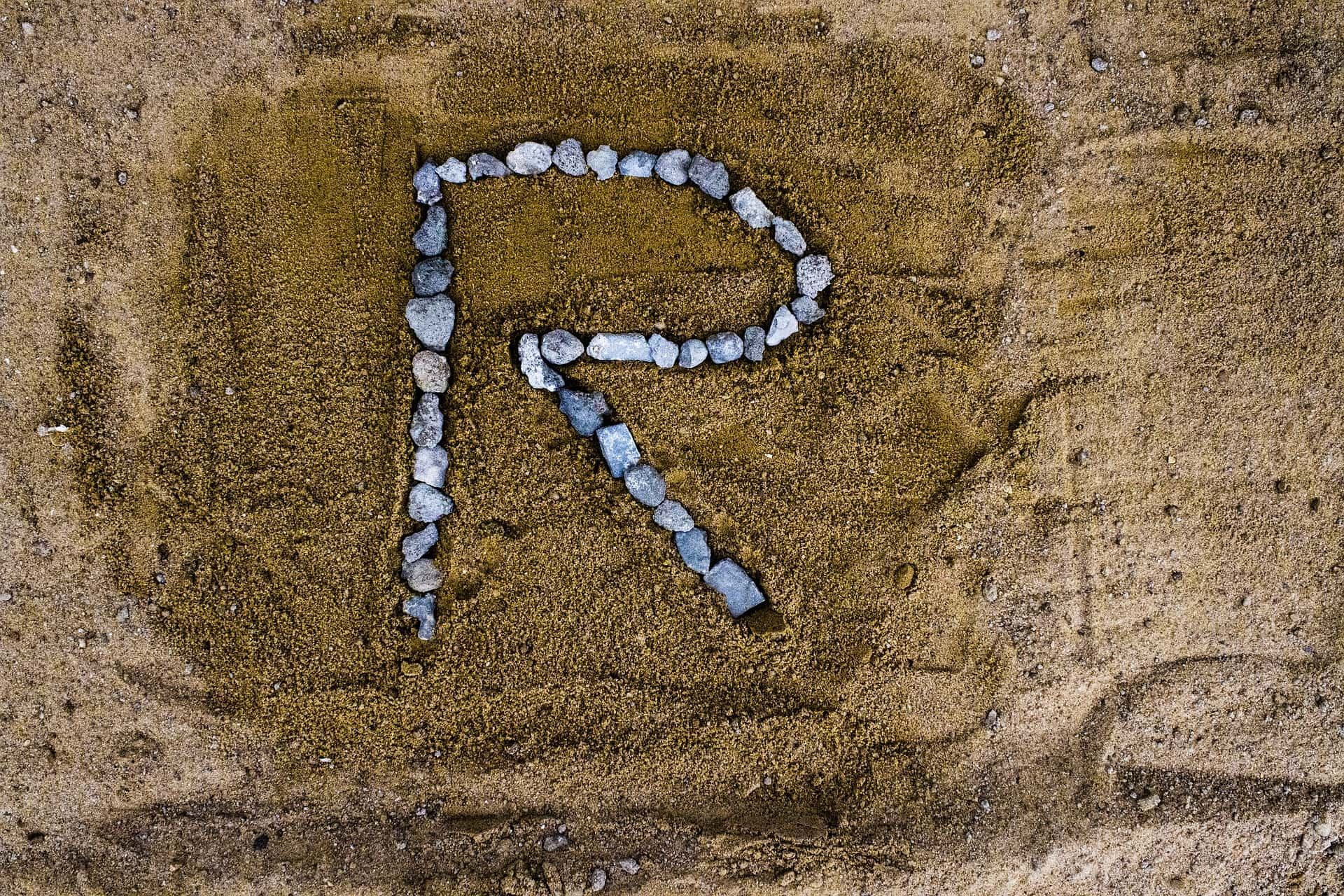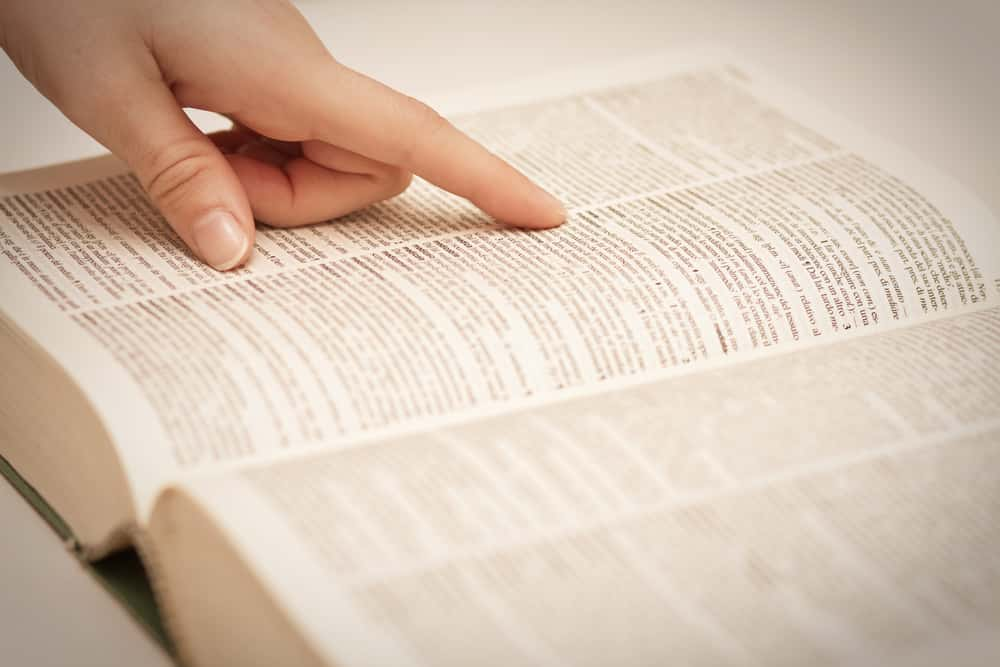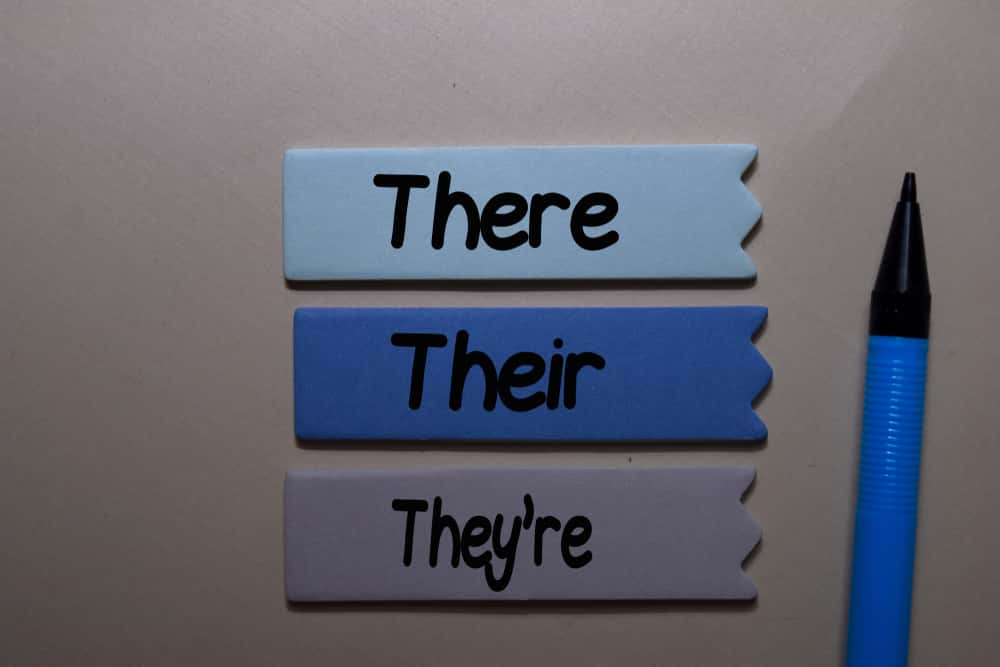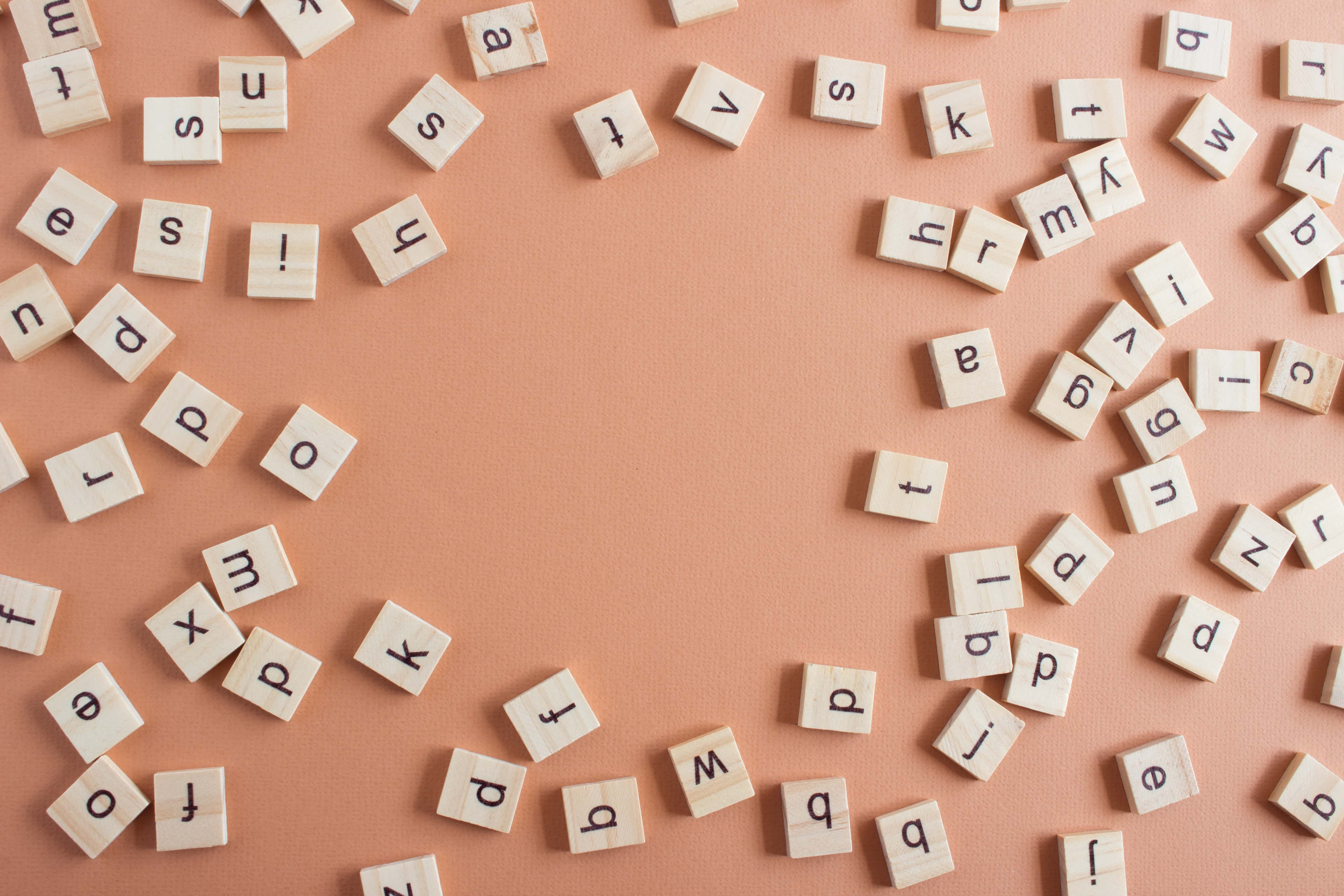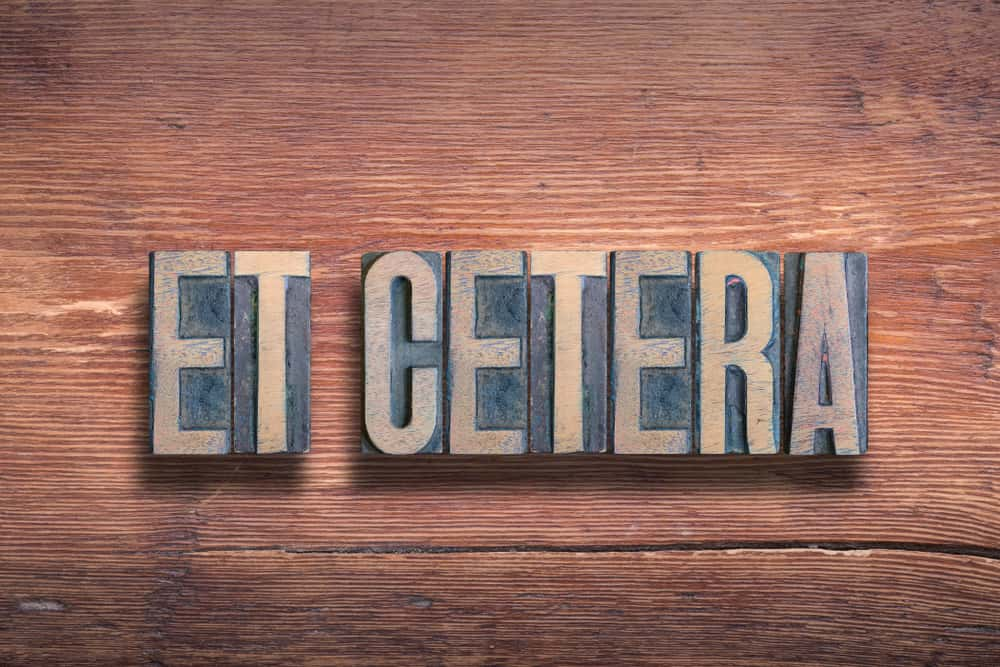“People seem to be able to find sensual and sensuous pleasure in almost anything but words these days… Anyone who expresses themselves with originality, delight, and verbal freshness is more likely to be mocked, distrusted, or disliked than welcomed.”—Stephen Fry
We live in a world in which “Weird Al” Yankovic writes parodies priding himself on being “White and Nerdy” and shaming those who commit “Word Crimes.” Yes, I know there is no “X” in “espresso,” Weird Al, but it doesn’t seem to affect the taste of my drink, so why should I care? Militant Lynne Truss followers today will correct every incorrect use of an apostrophe or comma, but why? Everyone pronounces words incorrectly all the time; no one is immune. We don’t do it because we’re unintelligent—it’s just that the English language makes no sense sometimes. So many spellings do not have corresponding pronunciations, either because of convoluted language rules or because of deep rooted etymologies that we haven’t been able to escape. In the end, whether you say “foy-yay” or “foy-er,” I will understand that you mean the front vestibule of a building. Tomatoes, tomahtoes!
On the flip side, the reason we mispronounce some words can be absolutely fascinating. So if you want to improve your use of language, you want to correct the misuse of language, or you’re just plain curious, here are 44 facts about words everyone is pronouncing wrong—and why they do it.
Words Everyone is Pronouncing Wrong Facts
44. A Three-Syllable Sundae
Many people pronounce “caramel” (the delicious, sticky treat) with only two syllables as “carmel.” Carmel, however, is a proper noun used in some place names, like Carmel-By-The-Sea, California. So, you can stop skipping that second syllable, unless your ice cream sundae is actually from Carmel-By-The-Sea. In which case, I think eating a “Carmel” sundae while walking on the boardwalk would be just as good as a caramel one—and in that situation, we’d have to thank Clint Eastwood for the luxury of eating ice cream on the street. He ran for mayor of Carmel-by-the-Sea in 1986 on a platform of abolishing a law that banned the selling and consumption of ice cream on public streets. He won, got rid of the law, and served until 1988.
43. “The Truth is so Delicious to Find!”
Ever mumbled your order of “gyros” at a Greek place because you’re too embarrassed to just ask how it’s pronounced? And now you’ve gone 20 years without knowing how to pronounce the name of your favorite food court lunch? And it’s just gone too far and you’re considering never learning and just giving up on Greek food and maybe just going out in public in general and it’s all too much? Considering the over 1 million views of Luke Bryan and Jimmy Fallon’s music video “I Don’t Know How to Pronounce Gyros,” I think it’s safe to say you’re not alone. To quote their lyrics, “I could eat a thousand ounces, if I just knew how to pronounce it!” Well, mumble no further, friends—It’s YEE-roh. The confusion might be because the word “gyros” is double dipping into the English language. It originally appeared in scientific words like “gyroscope” with a soft “G,” but later reappeared as the word for lamb and tzatziki wrapped in a pita. The latter comes from the Greek word for “turn”—like the spit it’s made on—and when we started using it in English, we kept the Greek pronunciation.
42. Too Much for a Tadpole Brain
Now, I’m not a biologist or anything, but I did NOT think I was pronouncing or using the word larvae incorrectly. Well, I am, and maybe you are, too. It turns out, “larvae” is the plural of “larva.” The singular version is pronounced “lar-vuh,” but the plural version is pronounced “lar-vee.”
41. Mischief Managed
Many of us sneak a naughty little “I” into the word “mischievous” and pronounce it with that “I” intact: “mischie-vi-ous.” That sly little “I” doesn’t cause too many problems for us and is even accepted in some legitimate places, but the extra syllable is not standard.
40. A Refreshing Spelling
“Dragan” is not Old English for a fire-breathing mythical creature, it’s the origin of the word “draught” and meant to carry or pull something. Nowadays, “draught” is a style of serving beer and is sometimes spelled “draft.” No matter which spelling you go with, though, it’s still pronounced the same: “draft.”
Abdraught
39. Back in My Day…
A spelling pronunciation occurs when a word is said exactly the way it looks; for instance, if you were to pronounce the “K” in “knife.” Pronunciations of a word according to its spelling is common in younger populations that don’t remember the traditional pronunciation or less educated populations.
38. Cold, Hard “K”
It’s tempting to pronounce each, individual letter in the word “Arctic,” but that was not intended in its original spelling. Today we recite this word as it is spelled, with two “K” sounds. However, the first “C” was originally there to represent its historical origins and could have been left silent.
37. Free as a Bird
The word “falcon” was originally pronounced with a silent “L,” probably because in an older version of the word its spelling was “fawcon” or “faucon.”—the francophones in the crowd right now are like, “hey, I know that one!” Since then we’ve started pronouncing the word the way it looks on the page.
36. You Break It You Buy It!
Way back when, the French stole a bunch of military terms from the Italian, but evidently couldn’t pronounce them as elegantly, so some spellings were adapted. They converted the word “colonello” to “coronel,” for instance. Then, the English went and stole the stolen terms from the French including things like infantry, cavalry, and yes, “colonel.” However, despite taking the pronunciation of “colonel” even further away from the original (we say it like “kernel”), the spelling was kept from the original Italian which is why so many people pronounce it incorrectly today. Language thievery comes at a price!

History's most fascinating stories and darkest secrets, delivered to your inbox daily.
35. Saucy Pronunciations
Be honest: Do you have any idea how to pronounce the word “Worcestershire”? This sauce sits casually in most kitchens, but few of its users even know how to reference it by name. The sauce comes from the city Worcester, England—pronounced “woo-ster.” Putting “shire” at the end of a place name in England is kind of like putting the word “county” at the end of a place name in North America—pronounced like the word “sure.” So, the sauce is named for its origins in “Wooster-sure.” That’s right, the word you’ve struggled to pronounce all this time only has three easy syllables. Now go make yourself a steak or a Bloody Mary with plenty of Worcestershire sauce to reward yourself for finally learning.
34. Constant Negative Press
In 2017, a tweet from the President had people up all night questioning the pronunciation of one nonsense word: covfefe. By the time it was deleted a few hours after it was posted, the tweet had over 162,000 likes. The reason for the hullabaloo might have been that when we see a strange word, we pronounce it based on the pronunciations of similar words. In the English language, though, there are not many common words that end in “-efe” or have a “V” next to an “F.” In fact, its difficult to pronounce “vf” at all because it requires that you switch your vocal chords on and off so quickly. All of this to say: no, we don’t actually know how to pronounce it.
33. Techies are Wordies, Too
That’s right, the old, “I say da-tuh, you say day-tuh.” How do you pronounce it? The dictionary presents both pronunciations as perfectly legitimate, but about two-thirds of the world pronounce it with a long “A” sound. The real debate is on whether “data” is singular or plural. Originally, it was the plural form of “datum,” but it’s come into its own since then and we can’t decide whether data “is” or “are” correct!
32. Axe and You Shall Receive
Can I “axe” you a question? How do you pronounce the word “ask”? Because the pronunciation that puts the “K” sound before the “S” sound dates way back to the eighth century and is even in the first English translation of the Bible. The old pronunciation didn’t stick, though, except in a few areas like South Africa and the Caribbean. Nowadays we dislike the old pronunciation of “ask,” so many African Americans that still use it will change their pronunciation depending on their company, making it part of a phenomenon called “code switching.”
31. Some Heroes Don’t Wear Capes
The letter “H” is the English language’s champion voiceless glottal fricative. Yes, those are real words. The letter “H” appears to be your average, everyday consonant, but it might be a voiceless vowel in a very good disguise. The silent “H” wears many masks and has been called “H-dropping,” “aitch dropping,” and “haitch-dropping.” The H-drop sometimes denotes a difference between pronunciations in English dialects.
30. W-hat!
The opposite of H-dropping is, wait for it… H-adding! H-adding or H-insertion occurs when a speaker hypercorrects an H-dropper. They are also added to speech because in the spelling of a word they can appear to be a consonant worthy of pronunciation.
29. Maybe the Scary Clown Took “It”
Here’s a common word we’ve been pronouncing incorrectly for yeeears and nobody even noticed. Historically, the pronoun “it” was spelled and pronounced “hit.” But after many years of h-dropping, the “h” went extinct.
28. Should Of, Would Of, Could Of
Don’t think you’re pronouncing the word “have” incorrectly? Think again. Even this common, four-letter word is at risk of mispronunciation when placed after the word “should,” “could,” or “would.” In fact, we drop the “H” from “have” so often after these words that people sometimes even spell it incorrectly as “should of.”
27. That’s Not Punny Anymore
Mispronunciation as a result of H-dropping was happening as early as the 13th century. Shakespeare and other artists of his time purposefully mispronounced words by H-dropping in puns—like in the words heir-hair-here-hare, which all would’ve been pronounced similarly. By the 16th century or so, though, H-dropping was stigmatized and its users were considered unintelligent.
26. All Part of a Balanced Breakfast
What’s the trouble with brunch? Trying to pronounce the name of that Brazilian superfood that is oh, so popular right now: the acai bowl. The acai berry is alleged to promote skin health, cellular health, heart health, digestion, weight loss and more—so you might want to learn its pronunciation! The word is Brazilian Portuguese and is pronounced “ah-sah-EE.”
25. Say That Ten Times Fast!
There is no limit to the number of letters in the chemical name for a molecular compound. The chemical names for proteins can literally take hours to pronounce because they are set up just like the compound they represent. On the shorter end, the chemical name for tryptophan synthetase, a protein with 267 amino acids, has 1,913 characters in it. It would take 14 tweets to type out this one word. So, maybe not everyone is pronouncing this word wrong, but I bet they would if there was an opportunity to say out loud in the first place!
24. Surprise! You Pronounced that Wrong
So many people pronounce the word “February” without the first “R” sound that if I DIDN’T pronounce it, I would forget how to spell the second month of the year. Surprisingly, there are many words that we drop the first or second “R” sound in—including the word “surprisingly.” This is due to a linguistic process called “dissimilation.” Dissimilation occurs basically because we don’t like the sound of two similar letters so close together.
23. Oft-Mispronounced
The oft-repeated word “often” is an example of a word everyone thinks you’re pronouncing wrong—but you’re not. “Often” comes from the word “oft” which was used consistently until about the 1500s. When we added a suffix to “oft,” we also stopped pronouncing the “T.” So, rest assured, even though it’s still spelled “often,” it’s now pronounced more like “offen.”
22. I Before E Except After C (And Other Strange Rules)
As in “often,” you don’t need to over-pronounce the “T” in other -en suffixed words, either. You might pronounce the “T” in soft, fast, and haste—but not soften, fasten, or hasten. Interestingly, the verb “listen” has a slightly different backstory. It comes from “listnen,” a Middle English word, and research suggests that back then a “T” was silent if it came before an “N” and after an “S.”
21. Pushing the Envelope Pronunciation
When a French word with the prefix “en-” is anglicized we might hear the prefix pronounced “on,” like in the word “encore.” However, there is one word of French origins that we English-speaking folk can’t make a decision about: envelope. Those who pronounce it “en-velope” call the “on-velope” pronunciation “pseudo-French,” even though the English version of “envelope” has been around for almost 300 years now.
20. An Ongoing Debate
If “GIF” is an acronym for “graphics interchange format,” shouldn’t we pronounce it with the hard “G” of “graphics”? Inventor of the GIF, Steve Wilhite, says that’s a hard no. It’s pronounced “jif,” like the peanut butter. You’d think the creator of a word should get final say on its pronunciation, but old habits die hard. According to linguist Elizabeth Pyatt, mispronouncing a word can come with feelings of inadequacy, so as long as there is any logic to the hard “G,” it won’t go down without a fight.
19. The Cold, Hard “G” Facts
According to a recent study of 30,000 people worldwide, 70% of participants pronounced “GIF” with a hard “G.” The area with the highest percentage of “jiff” (soft “G”) pronouncers was Hawaii at 42%.
18. Loony for Macaroons
Macaroons are out and macarons are totally in. But what difference does the letter “O” make to these tasty treats? The recipes are almost identical because both treats developed out of an Italian cookie made from egg whites, sugar, and almond paste. The difference is in the third ingredient. Macaroons swap out almond paste for shredded coconut and macarons swap it out for almond flour. The result is vastly different, though, so if you’re looking for an ever-so-popular right now macaron, make sure you don’t pronounce that single “O” as a long “oo” sound—and go all in and put on a snooty French accent while you’re at it.
17. A Bit of Sherbet
Sorbet and Sherbet are different foods, despite their similar spelling. The distinction comes from what percentage of dairy is in them. Sorbet is dairy-free and Sherbet has 1-3% milkfat. (For reference, ice cream has over 4%.) The hard part, though, isn’t the ingredient list—it’s the pronunciation. People frequently put an extra “r” sound after the second “e” in the word “sherbet”—pronouncing it “sherbert,” which sounds like the name of a cartoon character, if we’re being honest. This word is so commonly mispronounced that there is an alternate spelling in the dictionary for it.
16. Ernie, Want Some Ice Cream? Sure, Bert.
Native English speakers love making things rhyme—you’re a poet and you didn’t know it! In fact, the reason we often pronounce “sherbet” with an extra “R” might be that it sounds better next to other words. It’s likely no coincidence that we’ve put an extra “R” in there ever since Edythe Wright’s 1939 hit song “Shoot the Sherbet to Me Herbert.” Wright may have spelled the word right in the title, but she pronounces it wrong in the lyrics!
15. Pronunciation Gymnastics
Have you ever heard someone pronounce the word “athlete” like their a little unsure of themselves? “Ath, uuuuh… lete.” Many people pronounce “athlete” with three syllables, but it only has two. The extra vowel sound some people add is called an “epenthetic schwa.” Coincidentally, “epenthetic schwa” is also the name of my band.
14. Agree to Disagree
An obelus mark, which looks like a division sign (÷), can be placed before a pronunciation in the dictionary if the pronunciation is frequently used, but not necessarily accurate or accepted.
13. Too Many Twos to Know, No?
English is a tough language to master if you’re not a native English speaker (or sometimes even if you are). This is in part due to the irregularity of English spelling. The pronunciations of “glove,” “prove,” and “dove” are all different, even though they look the same. In fact, the word “dove” is pronounced differently if you mean the bird than if you mean the past tense of “dive.” And even then, the past tense of “dive” was historically “dived.” It’s only in the past two centuries that we started saying “dove.” On the flip side of the coin, “there,” “their,” and “they’re” are all spelled very differently, but pronounced the same. Words are hard, okay?!
12. All in the Family
We may teach kids how to write words phonetically, but phonetic spellings often don’t apply to the English language. Take the word “electric,” for instance. Variants of this word might be “electricity” and electrician.” We could spell them “electrisity” and “electrishan,” but we don’t, so that the words still look like they are related.
11. Take Me at My Word
A lot of pronunciation arguments start with, “But it’s spelled this way.” That argument might not win a language debate, though, since writing isn’t really a language—it’s a series of symbols representing a language. In fact, many cultures will alter the way they write words to reflect how people are saying those words.
10. No Such Thing as Stupid Pronunciations
The Merriam-Webster dictionary believes there is no such thing as “correct” pronunciation, anyway. They throw shade at all those haughty dictionaries that suggest otherwise. Language is changing all the time, they say. No dictionary is complete without acknowledging those changes. According to Merriam-Webster, not reflecting word usage is “irresponsible and a failure… to provide a serious, scholarly, record of the current American English language.”
9. A little Somepthing, Somepthing
Collections of vowel or consonant sounds inside a word can be difficult to pronounce, so many people add extra sounds to those words to make it easier on themselves. This is called epenthesis. It’s why you might hear a sentence out loud like, “She’s drawring somepthing.” This has historically changed words entirely, too. The Old English “Thunor” became “thunder,” for instance.
8. Death Before Decaf
An espresso is a quick way to get your morning fix of caffeine, so a lot of people mispronounce it as an “express-o.” But, the drink is so short—so little liquid is in it—because the coffee grounds are pressed out, which translates to the Italian word “espresso.”
7. X’s and Oh, No You Didn’ts!
In France, Portugal, and Spain, “espresso” is more often pronounced as “expresso.” Since the drink is Italian and they pronounce the word with an “S,” not an “X,” we can probably safely say that’s the correct version. However, the Italian word originally comes from the Latin word “exprimere” which means “to press out.” So, maybe the “X” pronunciation has some validity after all!
6. Experience and Explore Expert Exp- Words
The prefix “ex-” is very common in English—experiment, exercise, expect, and so on. However, “espresso” is not one of them. And neither is “et cetera.” It’s possible, though, that we often pronounce these words with an “X” (“expresso” and “ex cetera”) because their spellings are far less common.
5. Coffee Coffee Coffee
Within a 15-year period in the mid-20th century, the internationally respected newspaper The New York Times referenced espresso 165 times. Of those times, 43 were spelled with an “X” instead of an “S.” The Oxford English Dictionary even confirms “expresso” is an acceptable spelling of the caffeinated beverage we’re all addicted to. So the next time your barista shames you when you slip up and ask for an “expresso,” ask for their email and send them this list.
4. Face the Facts
Are you one of the 85% of Americans that pronounce “forehead” so that the last syllable rhymes with “bed”? I hate to break it to you, but “forehead” originally rhymed with “horrid” until spelling pronunciation got to it.
3. Left, Right?
In what world do three vowels make an “F” sound? Well, in English-speaking Canada, of course! In British history, “lieutenant” was pronounced “left-tenant” and many Canadians carry on the tradition. Just below the border in the US, though, the pronunciation has been updated to “loo-tenant.” And now, if you’re Canadian and you grew up hearing “left-tenant” on the radio or TV, you’re going “It all makes sense now.”
2. Pronunciation Party!
The word “gala” has two common pronunciations: “gah-la” and “gay-la.” Technically, “gay-la” with a long “A” sound is correct. The word comes from the Middle French word “gale” meaning festivity or pleasure. Like regale—so when you need to remember how to pronounce it, remember the words regale or regalia! It all makes sense now.
1. A Girl Has No Name
Okay, so, this isn't a word, it's a proper name, but people use and then mispronounce it much more frequently than they do most of the other words on this list anyway. Most fans of Game of Thrones think Arya's name is pronounced "Ari-a" but they don't realize they are pronouncing it completely wrong. George R.R. Martin says that the proper pronunciation for Arya’s name is two syllables: “ARE-ya.”
Sources: 1, 2, 3, 4, 5, 6, 7, 8, 9, 10, 11, 12, 13, 14, 15, 16, 17, 18, 19, 20, 21, 22, 23, 24, 25, 26, 27, 28, 29, 30, 31





